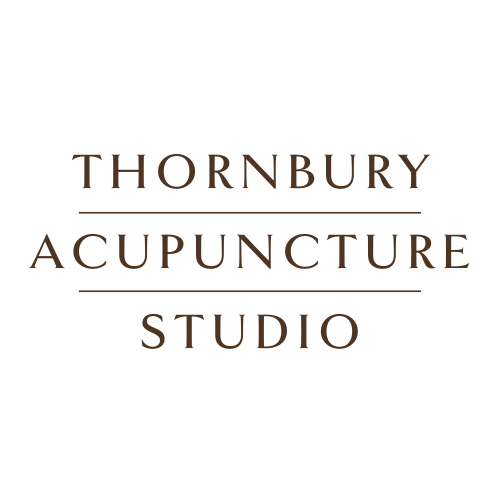Women’s Health
In many traditional societies, menstruation was a time for rest and reflection, time spent in the company of other woman in which to let go of the old and spark the flame of new life and ideas. A woman’s cycle was considered sacred and special, and her time away from daily life during menstruation was respected.
In modern times, leading a hectic life, getting your period often seems more of an inconvenience than a cause for celebration. Mostly it isn’t possible to take time out, but a lot of women experience symptoms that make getting through the day more difficult, or for some even impossible.
Reproductive health
A healthy cycle
It may be ‘normal’ to experience discomfort and inconvenience with your cycle, but a healthy cycle should be symptom free.
Some signs of a healthy cycle include:
Your cycle should be 27-29 days long, with ovulation occurring at about day 14
Menstruation and ovulation should be symptom-free
You should notice a cervical mucous change and increased libido leading up to ovulation
Bleeding should be moderate (never heavy) and should consist of fresh coloured blood with no clots
Many women suffer from cycle-related symptoms like:
PMS
Fatigue with ovulation and menstruation
Menstrual pain
Swollen and tender breasts
Irregular cycles
Spotting and heavy bleeding.
A systemic review of 10 high quality studies in 2017 suggests that acupuncture may be effective in reducing pain and inflammation related to endometriosis and may reduce ovarian cancer markers in the blood.
Pregnancy care
At Thornbury Acupuncture Studio we enjoy supporting women through all stages of starting a family, from pre-conception through to post-partum care. We support women in their right to choose the birth experience that best suits them and are passionate about optimising the chance of an empowering birth experience. We believe that having agency throughout her birth journey readies a woman for the demands of motherhood.
A meta analysis of randomised controlled trials found that acupuncture showed more VAS score (pain) reduction in women with pregnancy related lower back and pelvic pain than control groups.
A randomised controlled trial investigating the management of third stage labour found that the expulsion of the placenta occurred faster in the acupuncture group than in the control group.
A randomised controlled trial found that acupuncture appears to reduce the crying of colicky infants safely.
Menopause
To us, menopause is a wonderfully positive life transition from the fertile, hard-working years to a slower paced, self-reflective phase of life where a woman comes into her role as an elder and a source of support and wisdom to those around.
However, we acknowledge that for many going through peri-menopause it doesn’t always feel positive and wonderful! With hot flushes, poor sleep and moodiness it can be a completely chaotic, disturbing and seemingly endless transition.
Each woman experiences peri-menopause and menopause differently. For some the transition has few symptoms. Others need some support to get through. We believe the best approach focuses on helping the body to adapt to the new normal.
The hormonal see-saw
As menstrual periods become less frequent and eventually stop, the ovaries, which produce oestrogen and progesterone during a woman’s reproductive years, prepare to enter a dormant phase. As hormone levels decline, the body must adapt to functioning on lower levels of sex hormones. Oestrogen is a major precursor hormone for regulating many bodily functions including body temperature regulation, digestion and sleep rhythm.
Oestrogen levels tend to see-saw during perimenopause rather than steadily declining, which is why menopause is such a wild ride of hot flushes and fast-paced mood changes. Only after the last menstrual period, when the ovaries have stopped production, does the body have the chance to adjust to a new and stable normal.
A 2015 meta-analysis of over 100 clinical trials found that acupuncture may improve hot-flash frequency and severity, menopause-related symptoms and quality of life in menopausal women.

